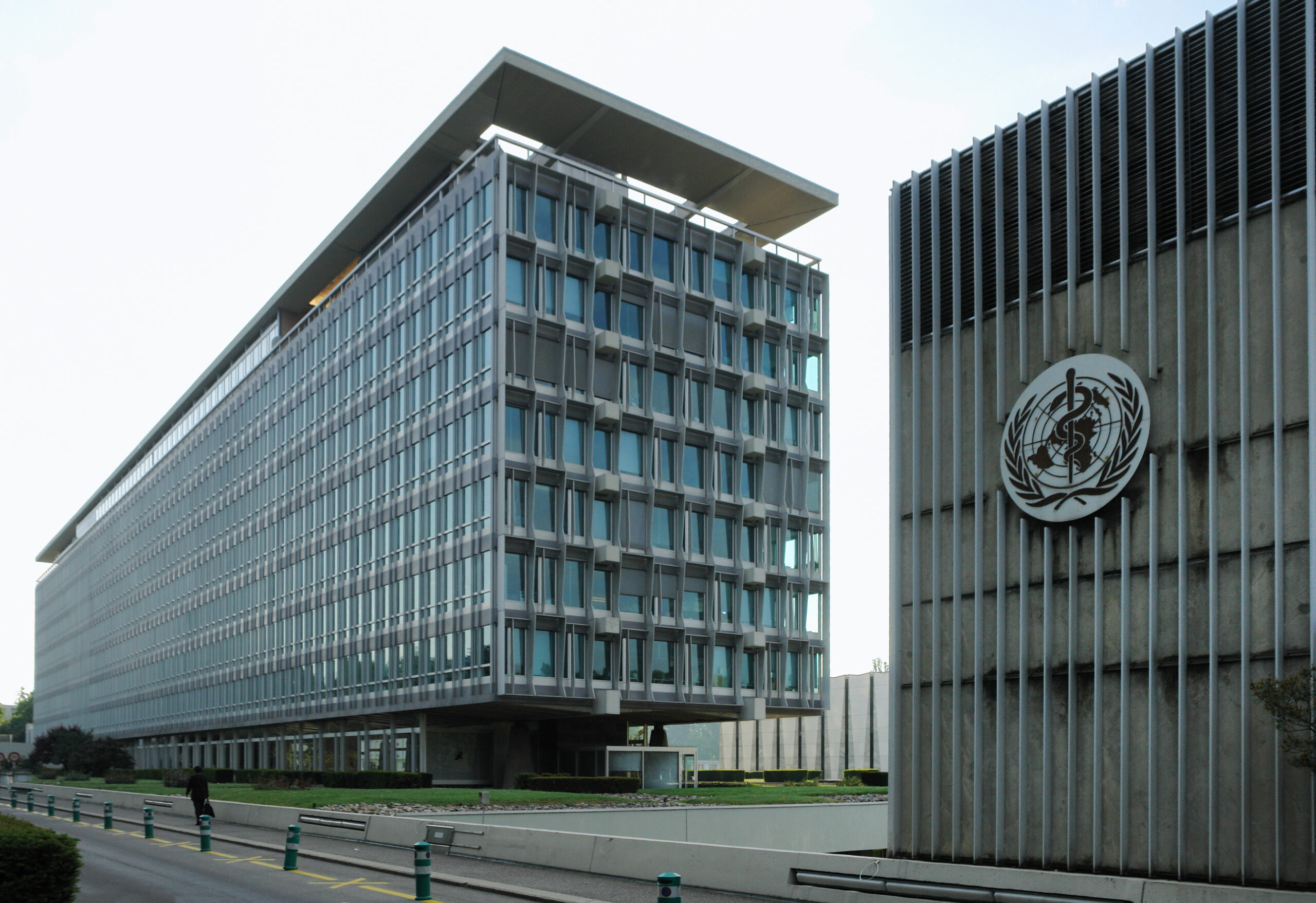Already a subscriber? Make sure to log into your account before viewing this content. You can access your account by hitting the “login” button on the top right corner. Still unable to see the content after signing in? Make sure your card on file is up-to-date.
The United States has officially pushed back on a set of pandemic response reforms introduced by the World Health Organization (WHO) over concerns about national sovereignty.
Some shit you should know before you read: Back in 2024, the World Health Organization (WHO) introduced a series of amendments to the International Health Regulations (IHR), a legally binding framework designed to guide global cooperation in the detection, reporting, and response to public health emergencies. Originally adopted in 2005, the IHR aims to prevent the cross-border spread of disease. The 2024 amendments were crafted in response to lessons learned during the COVID-19 pandemic and sought to improve the timeliness, transparency, and equity of future pandemic responses. Among the updates were new benchmarks for declaring a pandemic, including a refined definition of what qualifies as a global health emergency and protocols for alerting other nations, along with upgraded systems to boost cross-border data sharing. The reforms also called for the development of digital health certificates to facilitate safe international travel and required wealthier nations to provide medical resources and financial support to lower-income countries during global health crises, promoting a more equitable global response infrastructure.

What’s going on now: In a notable development, Secretary of State Marco Rubio and Secretary of Health and Human Services Robert F. Kennedy Jr. announced that the United States has rejected the World Health Organization’s (WHO) 2024 amendments to the International Health Regulations (IHR), citing concerns over national sovereignty, data privacy, and the potential for international overreach. The officials argued that the reforms would allow “international bureaucrats” to influence US domestic health policy and compel compliance with broad and vaguely defined mandates. “Terminology throughout the 2024 amendments is vague and broad,” Rubio and Kennedy stated, warning that such language “risks WHO-coordinated international responses that focus on political issues like solidarity, rather than rapid and effective actions.”
One of the primary issues raised by US officials was the introduction of digital health documentation systems and expanded international data-sharing obligations. Kennedy criticized these measures as dangerous encroachments on personal freedoms, claiming the reforms “lay the groundwork for global surveillance of every human being.” He further argued that the amendments give WHO “unprecedented power” that could enable the kind of “narrative management and propaganda and censorship” he associates with the COVID-19 pandemic.
The joint statement from Kennedy and Rubio noted that the US would “not tolerate international policies that infringe on Americans’ speech, privacy, or personal liberties,” framing the decision as a necessary step to protect national interests.
While the WHO has not formally responded to the US withdrawal from the IHR amendments, Director-General Tedros Adhanom Ghebreyesus has previously defended the reforms as essential to global health security. Last year, he described the changes as measures that “strengthen countries’ ability to detect, prevent, and respond to public health emergencies.” He also argued that the revised regulations explicitly reaffirm national sovereignty, countering claims that WHO seeks to override domestic law.







